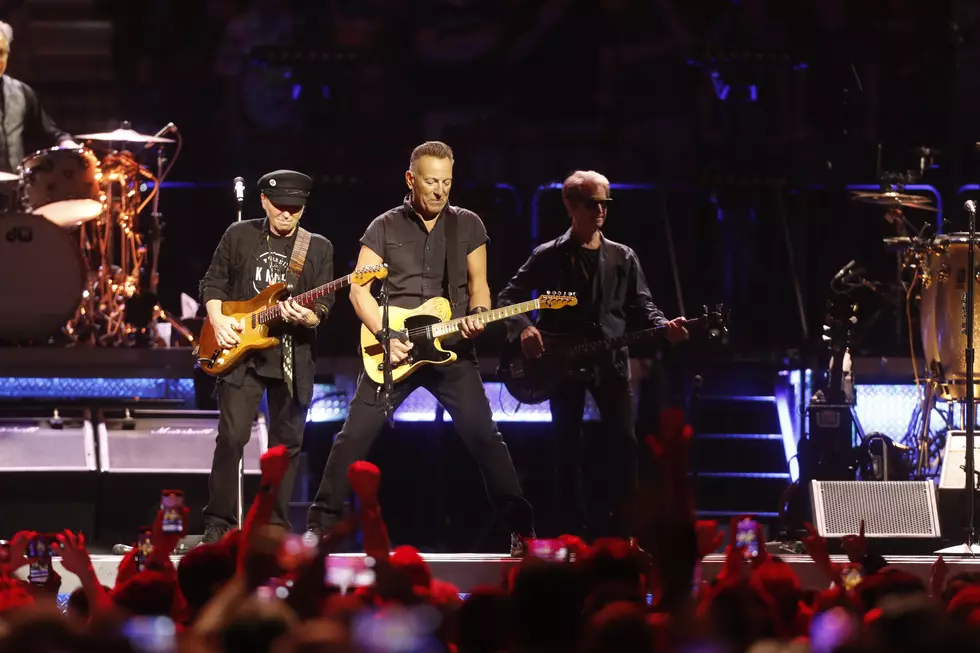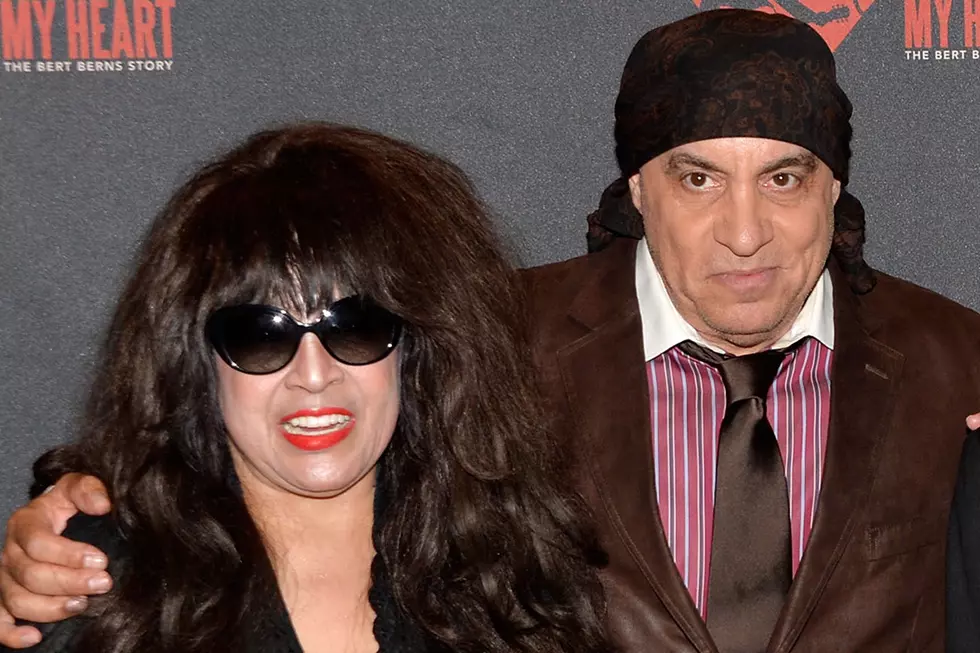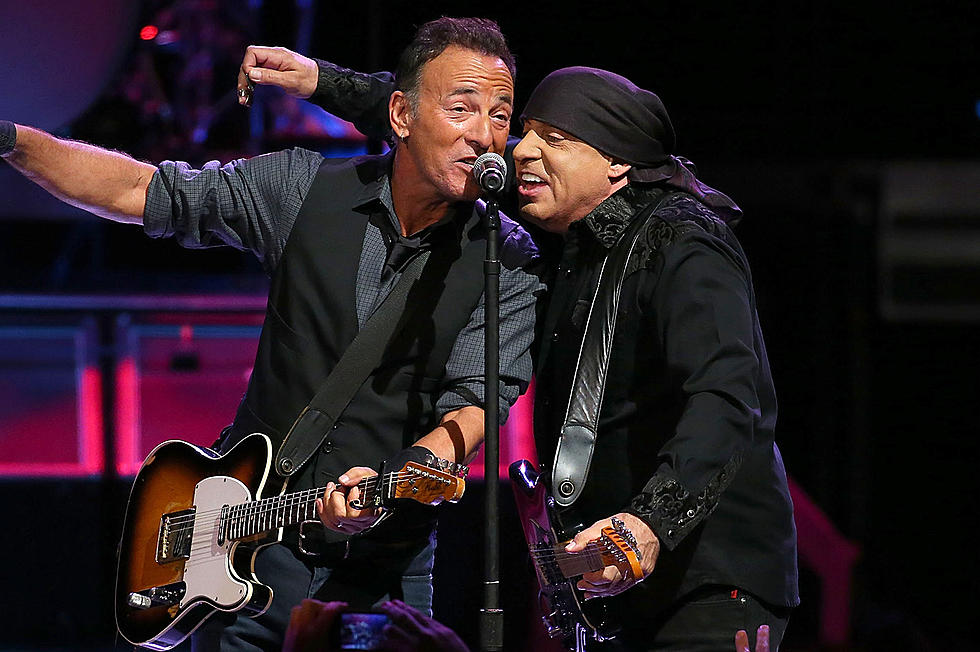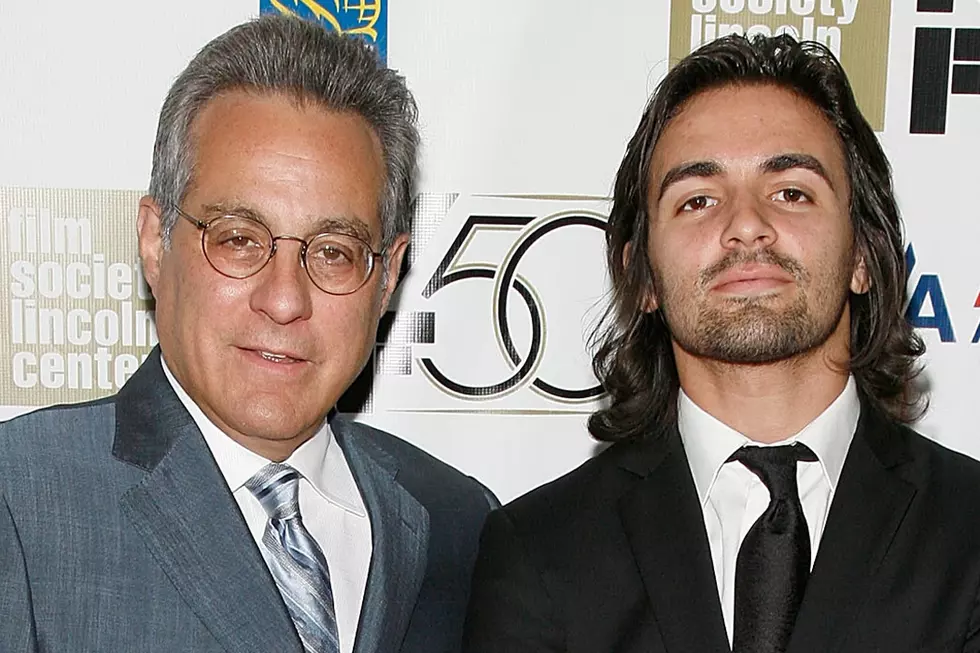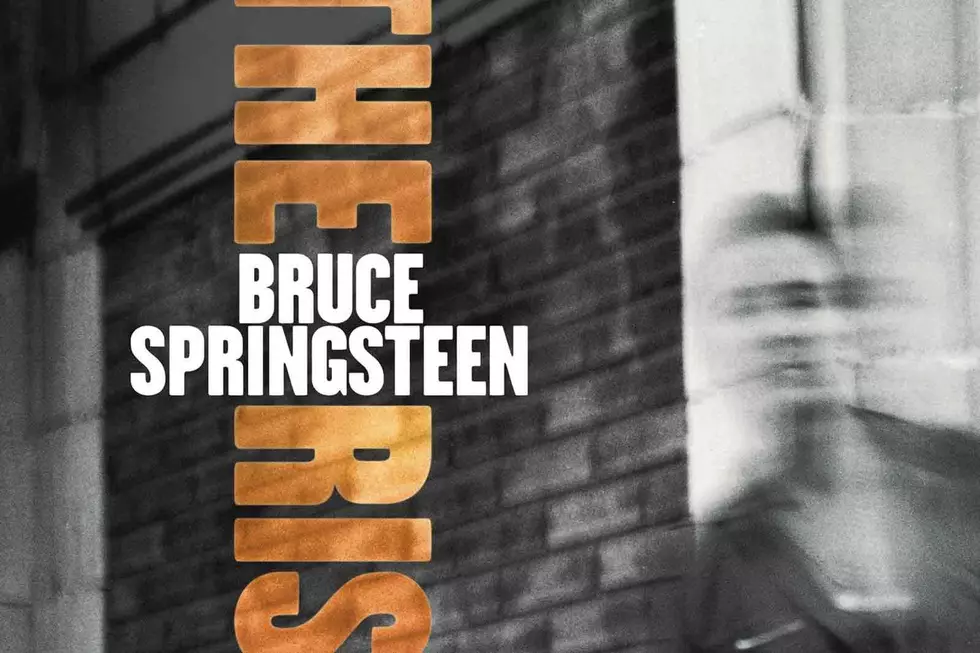
20 Years Ago: Bruce Springsteen Gets the Band Back Together on ‘The Rising’
In late 1989, when Bruce Springsteen broke up the E Street Band, more than five years had passed since their last album. The bandleader put out Tunnel of Love in 1987, but only a few members of his longtime group backed him on that reflective album.
Even fewer helped out on his doomed pair of 1992 LPs, Human Touch and Lucky Town.
But by 1995 everyone was back in the studio again for some new songs to be included on a Greatest Hits package. Within four years Springsteen and the E Street Band were on the road for the Reunion Tour, which played more than 130 shows over 15 months. The run was documented on 2001's Live in New York City, which outsold 1995's solo The Ghost of Tom Joad, Springsteen's only album since the 1992 duo.
So when it came time to make his first album with the E Street Band since 1984's commercial juggernaut Born in the U.S.A., Springsteen had long settled back into a familiar and comfortable groove with the group. Sessions for a new record started in March 2001, nine months after the tour ended, but then the events of Sept. 11 changed both the course of history and the direction the new music would take.
Listen to Bruce Springsteen's 'The Rising'
When the album, eventually titled The Rising, was released on July 30, 2002, its 15 songs originated from a brief, two-month stay at the beginning of the year at Atlanta's Southern Tracks Recording Studio with producer Brendan O’Brien, who had never worked with Springsteen and the E Street Band before. His presence had some bearing on pushing along the usually fastidious bandleader, but so did the timeliness of the material.
Even though nearly half of the songs were written before 9/11, The Rising has become inseparable from the day. From the opening "Lonesome Day" to "World's Apart" to the mournful "You're Missing," the themes of loss and heartbreak and the struggle to move on permeated the album. Even the songs composed earlier – like "Waitin' on a Sunny Day" and "Countin' on a Miracle," and even one that dated back to 1994 – took on new meaning following the tragedy.
But The Rising isn't an album of defeat or sorrow. The E Street Band not only sounds revitalized in the setting but empowered by it. There's an ache in some of these songs – particularly Springsteen's sympathetic voice in "You're Missing" and "My City of Ruins." But there's also an uplift in cuts like "Mary's Place" and the title track, affirmation that little of their communal spirit was lost in the years since they last recorded together.
Listen to Bruce Springsteen's 'My City of Ruins'
At its center, The Rising is an album about 9/11. But it's also about getting the old band back together. And making decisions about reconciling rocky pasts with uncertain futures. Those themes aren't dissimilar. "Can't see nothing in front of me / Can't see nothing coming up behind," Springsteen sings in "The Rising" before giving way to one of his biggest choruses in a career that's filled with them.
The Rising arrived at the right time, but it was planned that way. Unlike the misinterpreted patriotism of "Born in the U.S.A.," a prideful American heart beats throughout The Rising. It's there as the undercurrent in songs like "Lonesome Day" and "Waitin' on a Sunny Day" that offer hope in the ashes of tragedy, and it's there in the gospel-like resiliency of "The Rising."
The Rising debuted at No. 1, Springsteen's first studio record to hit the top since Tunnel of Love. It marked a comeback for him, and just as equally for the E Street Band. (The Ghost of Tom Joad was the first Springsteen album to miss the Top 10 since The Wild, the Innocent & the E Street Shuffle in 1973.) A week or so after the album's release, Springsteen and the group launched a three-leg, 14-month tour that also included performances on Saturday Night Live and Late Night With David Letterman. The Rising eventually went double platinum.
Years later, the album stands as one of the most direct in Springsteen's catalog. And despite its loose-ends origins, it's one of his most thematic. It didn't start that way but after the triumphant return of Springsteen and the E Street Band onstage a few years earlier, pieces fell together in the aftermath of affliction and found new, more universal meaning. The Rising began as one story but ended as another. And in the process became a definitive musical word on the fall and rise of the human spirit.
Bruce Springsteen Albums Ranked
Why Bruce Springsteen Called Killers Collaboration ‘Cathartic’
More From 99.1 The Whale
